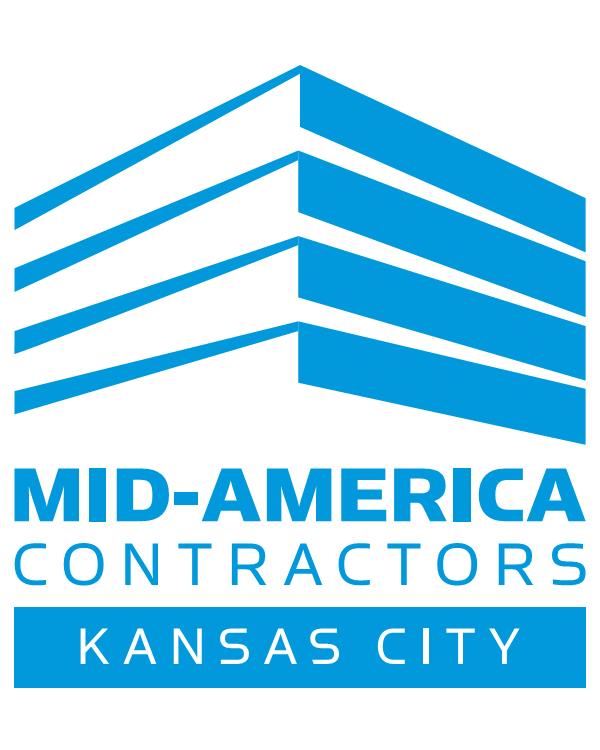Starting a home improvement project is exciting! No matter what the project is, you want to choose the right contractor. You also need to understand the home improvement contract before you sign on the dotted line. Below are some important factors that should be included in any contract.
Detailed Project Scope
A project scope outlines the key aspects of your project, such as activities, timeframes, deliverables, resources and possibly define clear boundaries. A good contractor will provide a scope that includes a detailed description of the work they will and will not perform, materials and finishes being used, clean-up tasks, and who will obtain permits.
Clear Timeline
Your home improvement contract should clearly state when your project will begin and how long it will take to complete. While all projects are subject to delays due to unforeseen circumstances, it is important to have a clear timeline in writing to set expectations. This contract will help to provide documented backup if your project is taking longer than reasonable to complete.
Payment Schedule Based on Milestones
A contractor will often ask for a deposit to secure the project, obtain materials, and pay subcontractors as the project starts up. You should not pay for the full project amount upfront. Payments should be linked to work milestones such as excavating, pouring foundation, etc. You should also never pay the final amount due until you are completely satisfied with the work as completed. Make sure the contract includes language about payment terms and what happens in the event the work is not completed.
Lists Exclusions
A good contract should include what the contractor will and provide a list of exclusions. Items not covered might relate to areas that won’t be visible until walls are opened up after demolition or the level of cleaning you should expect after the work is complete. A trustworthy contractor will outline possible exclusions that would pertain to your specific project.
Comfort
The relationship with your contractor should be based on mutual trust. Both parties need to feel confident with the information and terms in the contract. If any of these apply to your contract or contractor, consider obtaining a bid from another company:
- Does not provide references
- Does not have proper insurances
- Not licensed to perform this specific work
- Asks for full payment upfront
- Vague description of work
- Will not tell you who will be working on your project
- Has vague terms of when the project will begin
- Does not return calls after you give the deposit
- Adds an arbitration clause to contract
These important contract components will give you a basic guide to follow when selection a contractor. Don’t hesitate to ask questions during this important project. There are many resources available to help you. Also, do not start work until you and the contractor sign a contract. For additional information, contact MAC Residential today!

